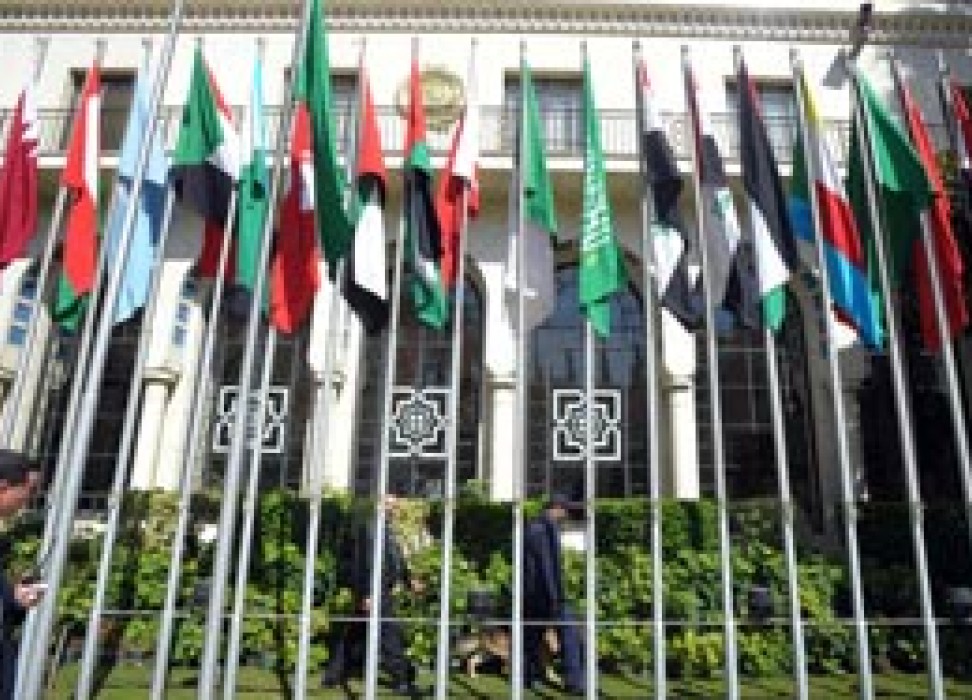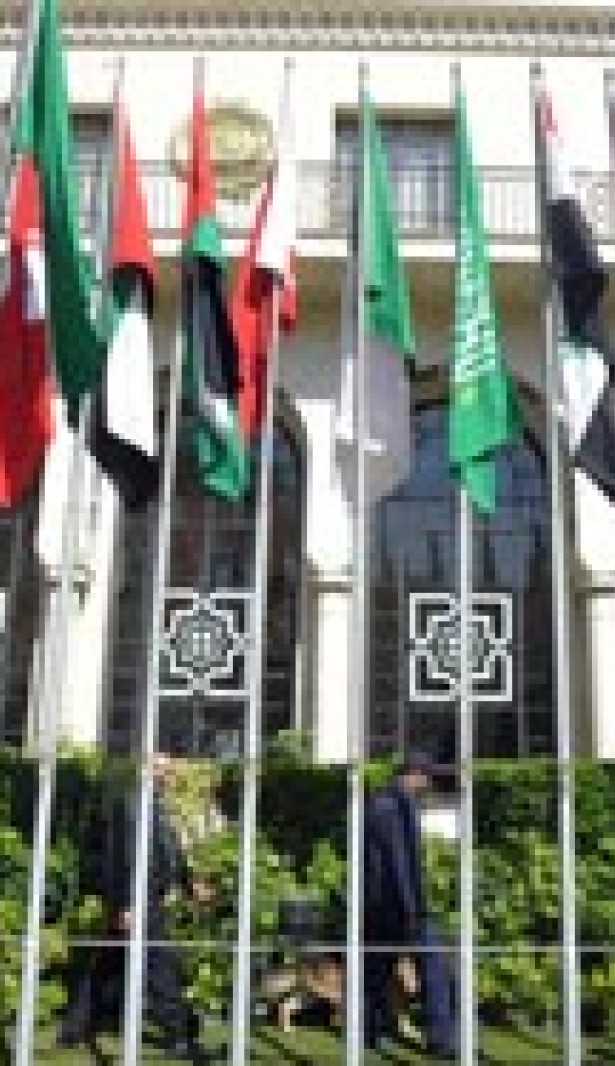A roadmap agreed for an Arab regional human rights strategy
30 June 2014

Development of a regional human rights strategy was the central issue at the first conference on human rights in the Arab Region, jointly organized by the UN Human Rights Office and the League of Arab States, held in Cairo.
Dr. Nabil Al Arabi, Secretary-General of the Arab League said close cooperation between the League and the United Nations is crucial if the strategy, which should be based on international and regional human rights standards, is to be agreed by 2016.
“Arab civil society must be engaged in the process, to ensure a comprehensive approach, inclusive of economic, social, cultural, civil and political rights,” Al Arabi said.
The approach agreed by delegates to the Conference on the Promotion and Protection of Human Rights in the Arab region would give priority to the most vulnerable groups that need care and protection and would assign a key role in monitoring Human Rights violations to National Human Rights Institutions.
UN Human Rights Chief Navi Pillay, addressing the conference in a video message, welcomed the initiative and encouraged participants to search for common ground. “Across the Arab world, people continue to struggle for their fundamental civil, cultural, economic, political and social rights. The roots of those struggles lie in social injustice, marginalization and lack of human rights protection,” Pillay said.
“Unfortunately, intolerance, marginalization, impunity, sectarianism and violence remain significant challenges to genuine transitions towards sustainable democracy in a number of countries,” she said.
Throughout the conference, concern was expressed over the continuing violations of human rights in some Arab countries with delegates pressing for legislative and executive action to ensure protection of the human rights of several groups in the region, including the most vulnerable such as women, refugees, displaced people, migrants and human rights defenders.
Hate speech in the Arab world was also discussed by the participants who were briefed on the “Rabat Plan of Action” launched by the UN Human Rights Office in 2013.
“Discrimination and incitement to hatred is a major plague affecting the Arab world,” Al Arabi said. “It might well be the root cause of many other social and political problems that our society suffers from today.”
The joint communiqué from the conference called on National Human Rights Institutions and national women’s organizations in Member States in the region to create mechanisms for the empowerment of women in all fields, especially political and economic, and to work towards the elimination of all forms of violence and discrimination against women.
The communiqué praised the efforts of human rights defenders and civil society in raising awareness of human rights, exposing human rights violations against individuals in Arab countries, and consolidating the protection of human rights. Member States were urged to provide legal safeguards for protection of the groups and individuals in the region working to promote and safeguard human rights.
“My Office looks forward to further enhancing ties with the League of Arab States so that a strong and strategic partnership can improve human rights in the region,” High Commissioner Pillay said.
“Our joint objectives include strengthening of regional mechanisms established within the framework of the League of Arab States, notably via the Arab Human Rights Committee and the Arab Court for Human Rights,” she said.
The two-day conference, with the theme, “Human Rights in the Arab Region: Challenges and the Way Forward,” brought together government representatives, National Human Rights Institutions and Arab Civil Society Organizations and from now on will be held every two years.
30 June 2014
